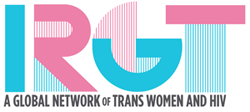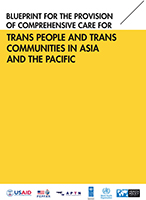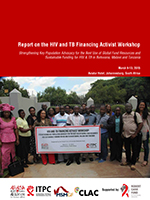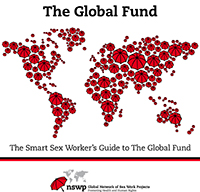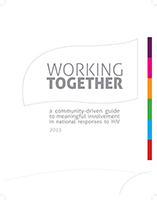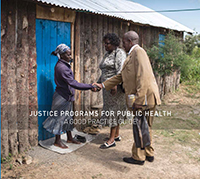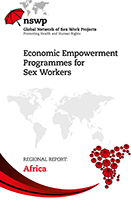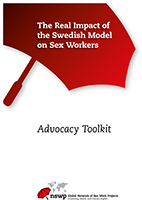
The Blueprint is a document with far-reaching potential and applications in trans health and human rights in the region. The purpose of the Blueprint is to strengthen and enhance the policy-related, clinical, and public health responses for trans people in Asia and the Pacific. The primary audience for the Blueprint is health providers, policymakers and governments. The information within the Blueprint could also serve donors, bi- and multilateral organisations and trans and other civil society organisations.
Year of publication:
2015
